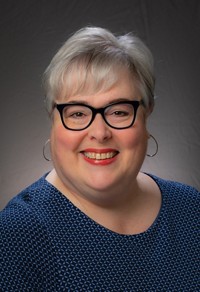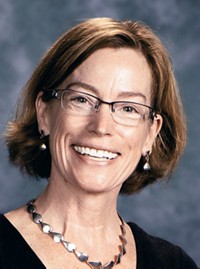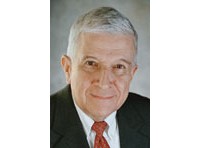Advertisement
Grab your lab coat. Let's get started
Welcome!
Welcome!
Create an account below to get 6 C&EN articles per month, receive newsletters and more - all free.
It seems this is your first time logging in online. Please enter the following information to continue.
As an ACS member you automatically get access to this site. All we need is few more details to create your reading experience.
Not you? Sign in with a different account.
Not you? Sign in with a different account.
ERROR 1
ERROR 1
ERROR 2
ERROR 2
ERROR 2
ERROR 2
ERROR 2
Password and Confirm password must match.
If you have an ACS member number, please enter it here so we can link this account to your membership. (optional)
ERROR 2
ACS values your privacy. By submitting your information, you are gaining access to C&EN and subscribing to our weekly newsletter. We use the information you provide to make your reading experience better, and we will never sell your data to third party members.
Careers
ACS Award for Achievement in Research for the Teaching & Learning of Chemistry
Recipients are honored for contributions of major significance to chemistry
by Rachel Sheremeta Pepling
February 18, 2008
| A version of this story appeared in
Volume 86, Issue 7
Sponsored by Pearson Education
Teaching chemistry can be a difficult task, and addressing the question of how to make it better for students and teachers alike is even more challenging. Dorothy L. Gabel, however, has spent her career working to find that better way.
Gabel, 72, is a firm believer in the experiential rather than the theoretical, the macroscopic over the microscopic. Through her extensive research, she has observed that although memorization is often the primary means of learning chemistry, it's often not the most effective way. She noticed this especially when working with elementary teachers. "It was just amazing that they might be able to balance a complicated equation," she says, "because they didn't know anything about the world around them, really." Gabel used her research to develop more experiential-based curriculum for the teachers so they gain a better understanding of chemistry and can teach it more effectively.
"There can be no doubt that Dorothy's research has improved the teaching of thousands of teachers and, consequently, the learning of tens of thousands of students," says Stacey Lowery Bretz, chemistry professor at Miami University in Ohio.
"What sets Dorothy's research apart from other prolific scholars in chemistry education research," Bretz says, "is her determination to not just investigate questions that are intellectually interesting, but to transform the results of this research into curricula and successful classroom practice."
One such example of Gabel putting her research findings into practice is "SourceView," a project she worked on with ACS in 1993 that includes videos demonstrating effective strategies for teaching introductory high school chemistry.
Gabel was also the editor of the "Handbook of Research on Science Teaching and Learning" (1994). And although she has published and contributed to more than 60 articles, "Report of the Task Force on Chemical Education Research of the American Chemical Society Division of Chemical Education" (J. Chem. Educ. 1994, 71, 850) is "the defining document on chemistry education research," according to Bretz.
In 1957, Gabel earned an A.B. in chemistry from Rosary College, in River Forest, Ill. At Purdue University, Gabel worked with J. Dudley Herron and received an M.S. in chemistry education and a Ph.D. in science education in 1969 and 1974, respectively. She was then immediately hired as a science education professor at Indiana University. There, she worked in the School of Education until she retired in 2003 and is now a professor emerita.
In 1999, Gabel became one of only four women to receive the prestigious Robert Carleton Award for Outstanding Leadership in Science Education from the National Science Teachers Association. She is a five-time winner of the Research Application Award presented by the National Association for Research in Science Teaching for an outstanding paper she presented at the association's national meeting that emphasized classroom applications. She received the Association for the Education of Teachers of Science Distinguished Service Award in 2002.
Over the course of her career, Gabel has been president of the National Association for Research in Science Teaching (1994-95), the School Science & Mathematics Association (1988-90), and the Hoosier Association of Science Teachers (1979-80). She has also served on the advisory boards of several science education journals, as well as on various national and international education committees.
"It's been a wonderful career," Gabel says, "servicing other people to improve the teaching of chemistry."
She will present the award address before the Division of Chemical Education.






Join the conversation
Contact the reporter
Submit a Letter to the Editor for publication
Engage with us on Twitter